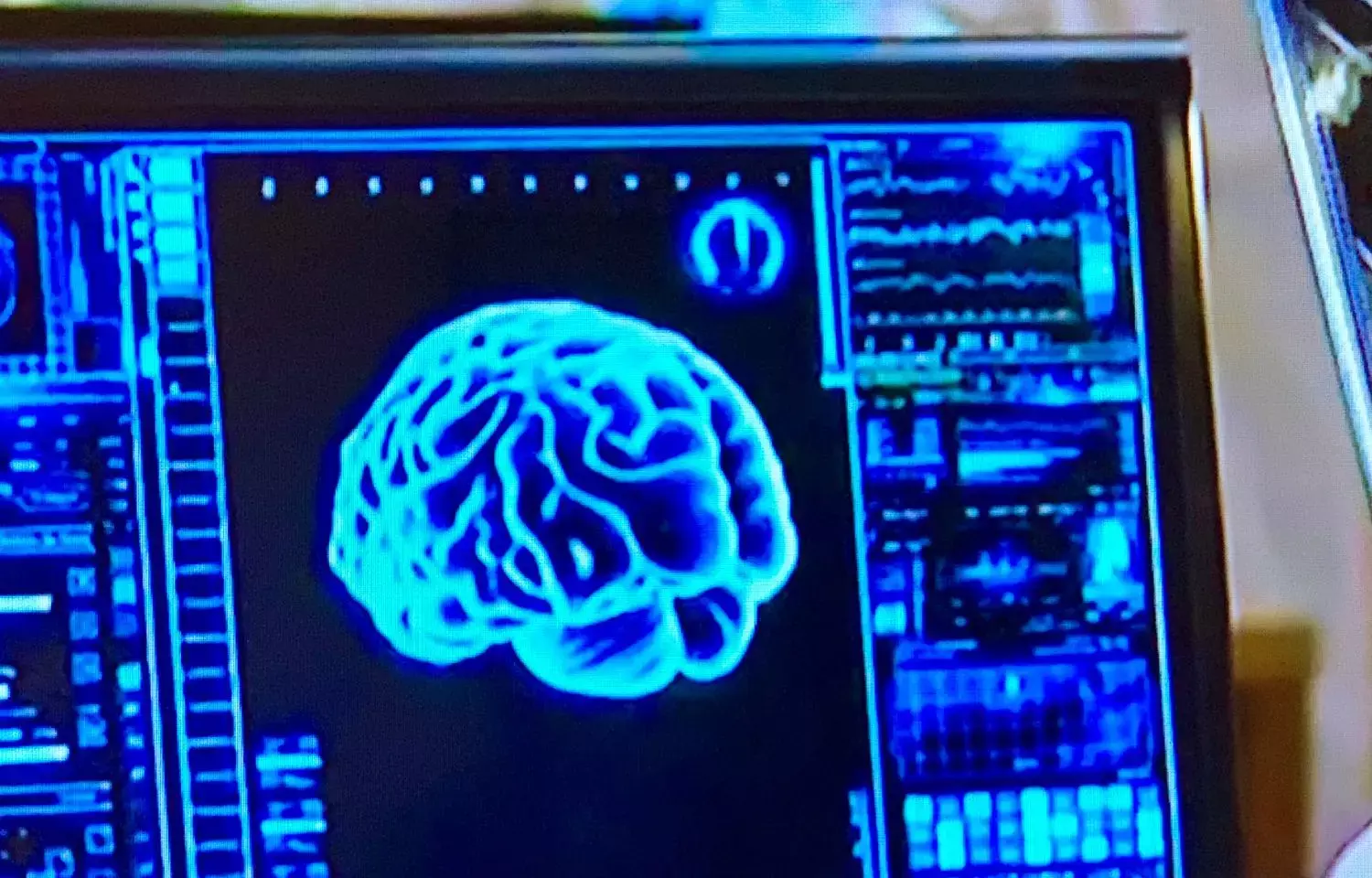- Home
- Medical news & Guidelines
- Anesthesiology
- Cardiology and CTVS
- Critical Care
- Dentistry
- Dermatology
- Diabetes and Endocrinology
- ENT
- Gastroenterology
- Medicine
- Nephrology
- Neurology
- Obstretics-Gynaecology
- Oncology
- Ophthalmology
- Orthopaedics
- Pediatrics-Neonatology
- Psychiatry
- Pulmonology
- Radiology
- Surgery
- Urology
- Laboratory Medicine
- Diet
- Nursing
- Paramedical
- Physiotherapy
- Health news
- Fact Check
- Bone Health Fact Check
- Brain Health Fact Check
- Cancer Related Fact Check
- Child Care Fact Check
- Dental and oral health fact check
- Diabetes and metabolic health fact check
- Diet and Nutrition Fact Check
- Eye and ENT Care Fact Check
- Fitness fact check
- Gut health fact check
- Heart health fact check
- Kidney health fact check
- Medical education fact check
- Men's health fact check
- Respiratory fact check
- Skin and hair care fact check
- Vaccine and Immunization fact check
- Women's health fact check
- AYUSH
- State News
- Andaman and Nicobar Islands
- Andhra Pradesh
- Arunachal Pradesh
- Assam
- Bihar
- Chandigarh
- Chattisgarh
- Dadra and Nagar Haveli
- Daman and Diu
- Delhi
- Goa
- Gujarat
- Haryana
- Himachal Pradesh
- Jammu & Kashmir
- Jharkhand
- Karnataka
- Kerala
- Ladakh
- Lakshadweep
- Madhya Pradesh
- Maharashtra
- Manipur
- Meghalaya
- Mizoram
- Nagaland
- Odisha
- Puducherry
- Punjab
- Rajasthan
- Sikkim
- Tamil Nadu
- Telangana
- Tripura
- Uttar Pradesh
- Uttrakhand
- West Bengal
- Medical Education
- Industry
Dimethyl fumarate halts radiologic progression of multiple sclerosis: Study

A new study published in Annals of Neurology suggests that the advantage of a disease-modifying treatment in radiologically isolated syndrome (RIS) patients in averting a first acute clinical episode.
For people with relapsing remitting multiple sclerosis (RRMS), dimethyl fumarate (DMF) is a disease-modifying medication (DMT) that has been shown to be effective in lowering clinical and MRI activity as well as disease progression. The earliest discernible pre-clinical stage of multiple sclerosis (MS) is represented by the radiologically isolated condition. Therefore, This study was conducted by Darin T. Okuda and team, which assessed how therapeutic intervention affected delaying the onset of the initial symptoms at this point in the illness spectrum.
People with RIS participated in a multi-center, double-blinded, randomized, placebo-controlled trial. These participants had incidental brain MRI abnormalities associated with CNS demyelination but no clinically evident MS symptoms and were randomized 1:1 to receive placebo or oral dimethyl fumarate, 240 mg twice a day, across 12 MS facilities in the US. The start of clinical symptoms linked to a CNS demyelinating event within a 96-week follow-up period was the main objective. All participants in the main and safety investigations underwent an intention-to-treat analysis.
The key findings of this study were:
1. Between March 9, 2016, and October 31, 2019, participants from 12 sites were enlisted, with 44 being randomly assigned to dimethyl fumarate and 43 to a placebo.
2. The uncorrected Cox proportional-hazards regression model showed that after DMF therapy, the probability of a first clinical demyelinating episode throughout the 96-week study period was significantly decreased (hazard ratio (HR)=0.18, 95% confidence interval (CI)=0.05-0.63, p=0.007).
3. There were more mild adverse reactions in the DMF (34 (32%) than in the placebo groups (19 (21%) but similar numbers of severe events (DMF, 3 (5%); placebo, 4 (9%)).
Reference:
Okuda, D. T., Kantarci, O., Lebrun‐Frénay, C., Sormani, M. P., Azevedo, C. J., Bovis, F., Hua, L. H., Amezcua, L., Mowry, E. M., Hotermans, C., Mendoza, J., Walsh, J. S., Okai, A., Pardo, G., Repovic, P., … Pelletier, D. (2022). Dimethyl fumarate delays multiple sclerosis in radiologically isolated syndrome. In Annals of Neurology. Wiley. https://doi.org/10.1002/ana.26555
Neuroscience Masters graduate
Jacinthlyn Sylvia, a Neuroscience Master's graduate from Chennai has worked extensively in deciphering the neurobiology of cognition and motor control in aging. She also has spread-out exposure to Neurosurgery from her Bachelor’s. She is currently involved in active Neuro-Oncology research. She is an upcoming neuroscientist with a fiery passion for writing. Her news cover at Medical Dialogues feature recent discoveries and updates from the healthcare and biomedical research fields. She can be reached at editorial@medicaldialogues.in
Dr Kamal Kant Kohli-MBBS, DTCD- a chest specialist with more than 30 years of practice and a flair for writing clinical articles, Dr Kamal Kant Kohli joined Medical Dialogues as a Chief Editor of Medical News. Besides writing articles, as an editor, he proofreads and verifies all the medical content published on Medical Dialogues including those coming from journals, studies,medical conferences,guidelines etc. Email: drkohli@medicaldialogues.in. Contact no. 011-43720751


